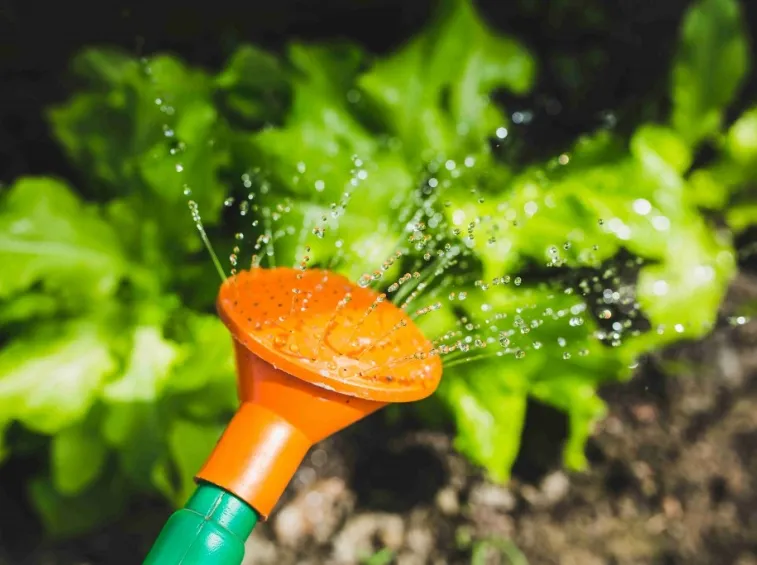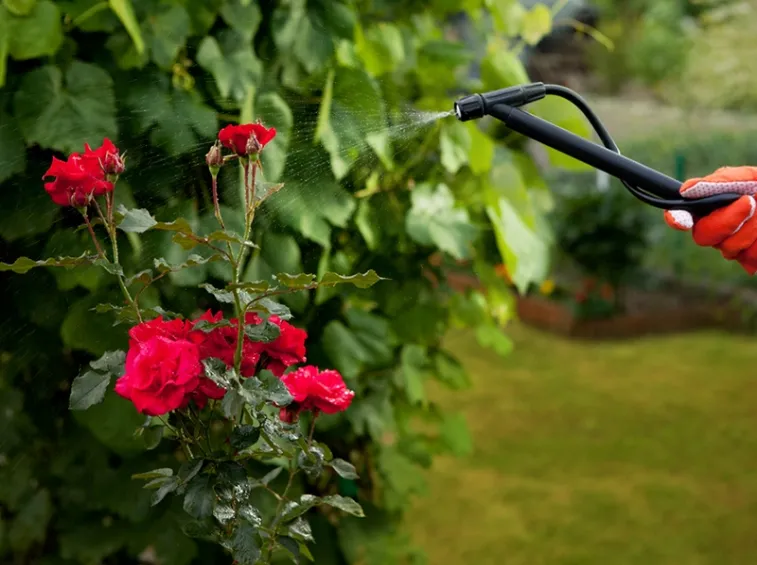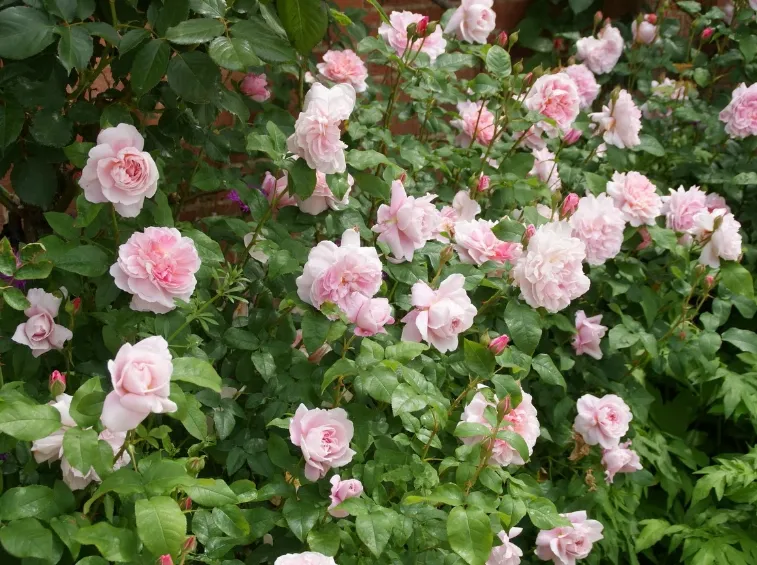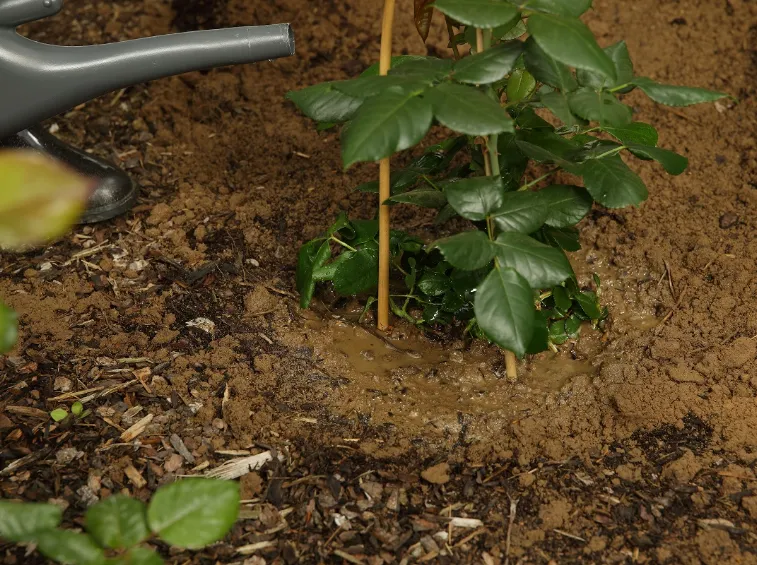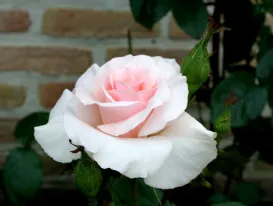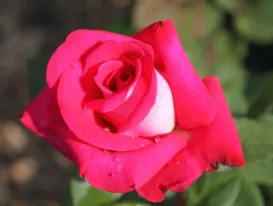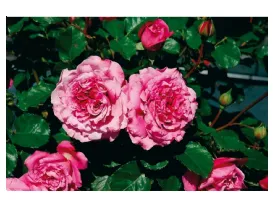When and how to water the roses
Water the roses
L’ irrigation of roses è a hotly debated topic among gardening enthusiasts, both perché not è It is possible to establish a priori the water needs of roses, both because they are; not è simple to calibrate the right quantity; of water to be supplied to these plants. What to do then? Leaving our beloved roses dry or watering randomly? Neither option is valid on roses and è for this reason it is necessary to carefully consider some parameters that can affect the water needs of roses in excess or in excess.
What to know
Roses are beautiful plants and, like all, they need water. Without a correct water supply, in fact, the roses would not germinate and would block flowering. On the other hand, however, roses have less water requirements than other plants. Despite having deep roots, the “ queens of the garden” they are not always thirsty, on the contrary: an excess of water could cause leaf yellowing and the development of deadly fungal diseases. To properly water the roses, it is therefore necessary to observe the behavior of these plants.
Rules
The period of greatest water demand of roses &is severe; between the transplant phase and the first year of development or planting. After this phase, the roses develop deep roots and are able to absorb all the water supplied. Once the development phase is over, it is necessaryà irrigate only when needed, taking into account the climatic conditions, 26-rsquo; humidityà the soil and the aesthetic and health conditions of these plants. In summer, especially with too hot and dry climates, it is necessary to water once a week; in winter, especially with rainy and humid climates, irrigation can be suspended. To avoid excesses or water shortages, it is advisable to always follow the 26-rsquo; humidityà rule; of the land: check if this &is serious; dry or wet. Its conditions will help you decide the frequency of watering. Generally it is always watered when the soil appears dry and it is suspended when it is humid.
How to irrigate
Some experiments have shown that the modeà irrigation può help improve or worsen the development and l’ appearance of roses. L’ irrigation on the roots has the l’ effect of causing leaf yellowing and fungal diseases. Same problems also irrigating the foliage during the day and in full sun. This operation also creates leaf burns. L’ night irrigation, from 20 to 24, with wetting of the foliage, è the modeà irrigation which seems to give the best results on roses: the plants are in good health and with regular growth. The health of the rose is maintained even if irrigation is stopped. The waterings go forò suspended in case of humid and rainy climates. Never suspend them during dry and arid summers becauseé you risk blocking flowering.
